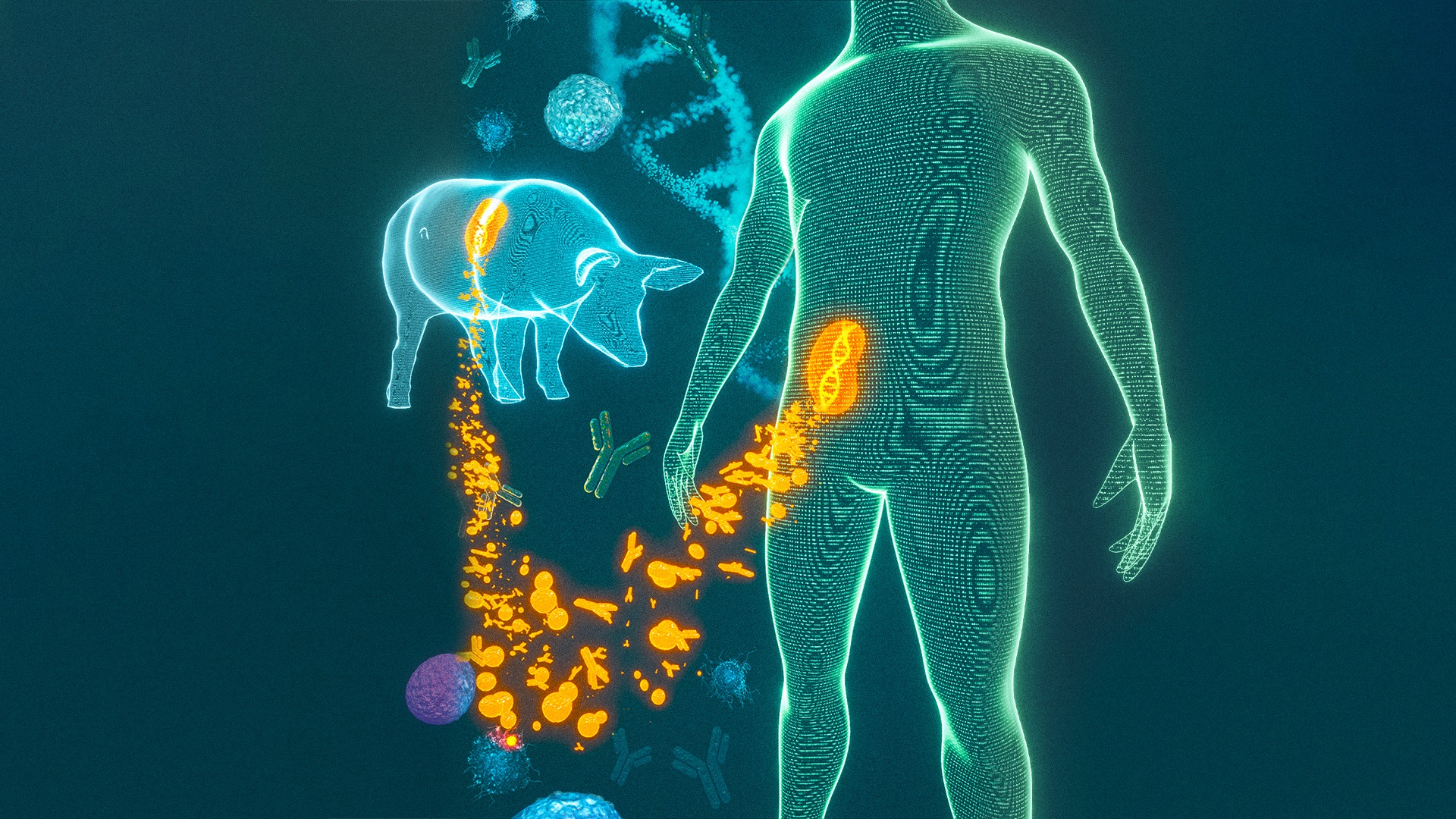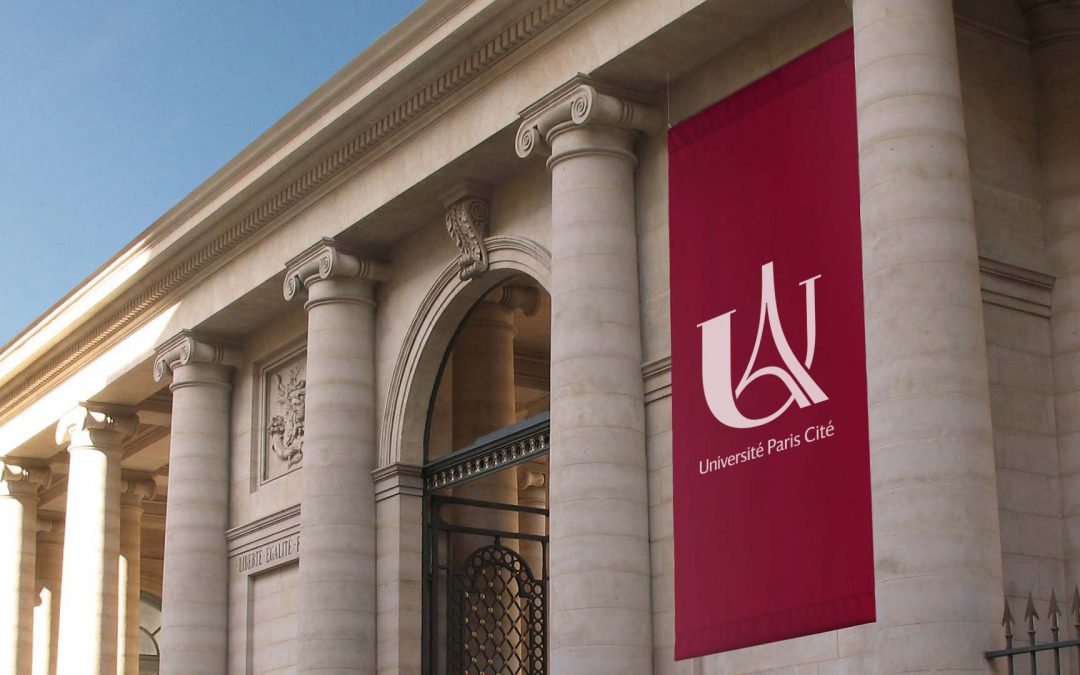Following the success of the first xenotransplantation of a pig kidney into a human patient in August 2023, significant advances have been made thanks to the molecular analyses conducted by the teams at the Paris Institute for Transplantation and Organ Regeneration (PITOR) of Université Paris Cité, led by Professor Alexandre Loupy. PITOR, a European leader in organ transplantation and regeneration, has been selected to host the BANFF 2024 international conference, co-organized by Professors Carmen Lefaucheur and Alexandre Loupy. This conference will mark the establishment of the first BANFF classification for xenograft rejection.

Xénotransplantation
© Alexandre Loupy
The conference will open on September 16, 2024, at the National Academy of Medicine and will continue from September 17 to 20 at the Université Paris Cité headquarters.The inclusion of xenografts in the international BANFF classification is a world first. This classification of graft rejection, based on internationally developed and validated criteria, is a crucial step towards the standardization and advancement of xenotransplantation, a revolutionary practice in medicine.
The PITOR Institute at Université Paris Cité, recognized as a European leader in organ transplantation and regeneration, has been chosen to host this international conference. This event provides a unique opportunity to showcase the excellence of French research and medical innovation.
Global experts in organ transplantation, along with the editors-in-chief of the six leading international scientific journals-The Lancet, The New England Journal of Medicine (NEJM), Journal of the American Society of Nephrology (JASN), Kidney International, American Journal of Transplantation (AJT), and Transplant
International—will be present in Paris from September 16 to 20, 2024. The prestigious venues of the National Academy of Medicine and the headquarters of Université Paris Cité in the heart of Paris will serve as the setting for this major global event.
PITOR – The 29 research units and teams, along with the clinical services gathered within the PITOR Institute (Paris Institute for Transplantation and Organ Regeneration), conduct their research based on four major areas: understanding and treating organ rejection (kidney, heart, lung, liver, pancreas, and composite tissues) by addressing pathophysiological mechanisms to optimize therapeutic management of patients; diagnosis and monitoring by developing innovative tools to transform the care pathway for transplant patients. The institute also focuses on optimizing, allocating, and preserving organs by developing innovative approaches based on artificial intelligence. Finally, part of their work involves regenerative medicine, through the creation of organs, organoids, and organs-on-chips, in order to provide new tools and products to create, refurbish, or replace organ tissues. https://paristransplantgroup.com/
Read more
![[Circle U.] Fast Forward Open Science](https://u-paris.fr/wp-content/uploads/2025/09/CC.-OPEN-ACCESS-WEEK-1080x675.png)
[Circle U.] Fast Forward Open Science
On the 22nd of October from 1:30 to 4:30 pm, Circle U. will host the online event ‘Fast forward Open Science’, led by Université Paris Cité, as part of the International Open Access Week 2025. Experts in open access publishing, research data management, open source...
read more
No relationship between Université Paris Cité and the private company operating under the name City University of Paris
Université Paris Cité discovered that a private higher education establishment initially called Intelligest has recently changed its company name for ‘City University of Paris’. Université Paris Cité points out that it has no links whatsoever (association,...
read more
Results of the 2025 Call for Projects with the University of Toronto
The 2025 call for projects between Université Paris Cité and the University of Toronto met with great enthusiasm within the scientific communities of both institutions. Eighteen proposals were submitted by pairs of researchers; five projects were selected at the end...
read more
Call for projects 2025 UPCité – King’s College London
The call for projects between Université Paris Cité (UPCité) and our privileged partner King's College London (KCL), has been launched this friday, May 9th 2025. The objectives Université Paris Cité and King's College London are offering offering a seed funding for...
read more